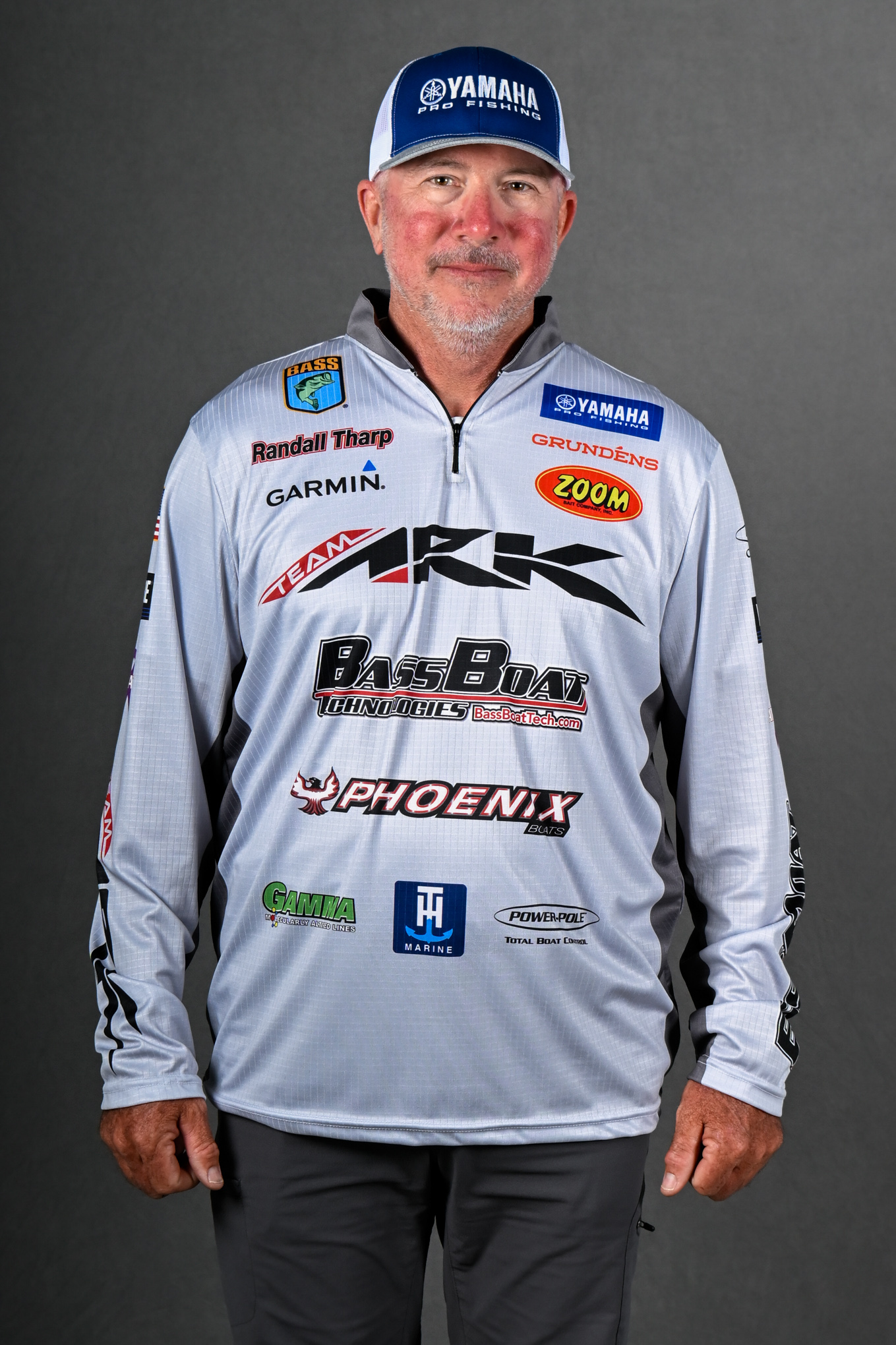There’s no question that fishing at the tour level is more competitive than it was 10 or even five years ago. Every year a new crop of anglers comes in and every year it becomes harder to win a tournament, make the Classic or even get a check. Unfortunately for those of us who make a living on the water, the competition continues to get tougher off the water as well.
As good as the big names or “Elite” in this sport are on the water, I feel that they are even more impressive off of it. The guys at the top speak well, market themselves the best and still have the potential to win each time they compete. Each of them has an unrelenting work effort that is hard to believe unless you have seen it. They have built their brands and have a proven track record on and off the water. They are the “complete package” and also the competition.
I had success on the water fairly early in my fishing career. Some of the business mistakes I made off the water occurred because I expected the sponsorship side to progress at the same pace as my on the water performance. It just doesn’t work that way. Solid sponsor relationships are usually not built in a day. Take your time to understand each company’s needs and your responsibilities to them.
I realize now that a proven performer off the water is far more valuable to most companies than someone who hasn’t shown what he can do. Let’s face it, every angler on the Bassmaster Elite Series has qualified to be there. All of us have proven ourselves on the water to some extent. The “Elite” of the Elites are the ones who run their businesses successfully and in turn help everyone they work with to be successful. It is really a two way street, if the companies I work for are making money then the odds of my business excelling greatly increase.
At the end of each season I take a hard look at my business as well as all of the companies I am involved with. I always try to make decisions that will give my business the best chance to succeed. I ask myself which relationships are growing and which ones are not. Sometimes, things don’t always work out from a business perspective, or the parties’ expectations don’t line up, and sometimes you have to sever a relationship.
It’s not easy under any circumstances to leave a sponsor. If you’ve been there a while, you’ve developed relationships. It’s a small industry and you’re likely to see those people again on a regular basis, which can be uncomfortable. If you go to a competitor, you’ll likely go from being king of the hill to lower on the totem pole, like starting all over again. When you send that termination letter, it feels like a divorce – but often one with a new beginning. Like just about everyone, I’ve made some changes over the course of my career, and soon I’ll be announcing some new partners for 2016 and beyond.
While you might think it would be easy to move from one lure company to another or one boat company to another, that’s not the case. Every sponsorship relationship is different and each business operates in a unique fashion. Your job as an angler is to know all of their products inside and out and to be as involved as possible. Of course the sponsor has obligations, too. Not only do they need to give you the tools to succeed in tournaments, but they also need to construct a staff in some coherent fashion.
Look at Rapala, for example. Their pro staff includes me, Schultz, Iaconelli, Palaniuk, Ott DeFoe and Davy Hite. We understand that we’re a team, but we also all bring something different to the table. We give them a tremendous amount of regional diversity, and I think it’s fair to say that we all appeal to different types of consumers. While they’ve never spelled this out to us, I’m pretty sure that if you asked any of those guys they’d understand their unique role in the marketing plan. That’s good business for everyone.
As I wrote above, I made some bad decisions earlier in my career that I’ll try not to repeat. It’s easy to fall into that trap when you’re newer on tour and fighting for your life. The inclination is to jump on the bandwagon of the first company that offers any real amount of money, but many of those deals don’t even last a single season. The next time they’re tempted, many of those same anglers, if they’re smart, will think twice about taking the easy road. Of course, as you experience a little bit of success, it becomes easier to discriminate. But it’s not all about money – I don’t have a minimum amount for the deals I’ll accept if I think it’s the right deal. For example, I wish I had gotten in on the ground floor with Power-Pole and been the first pro bass angler to run one. Timing can be every bit as important as business experience or leverage.
It would be nice if there was a little manual they handed out – “So You’ve Decided to Become a Bass Pro” – that explained how to identify a deal, negotiate a contract and maximize its value. As far as I know, though, all of us learn on the job – you just hope that you figure it out before your time is up.

